It feels like every month there is some new health fad out there that’s tempting to try, but also makes us feel super skeptical and downright confused. One month Acai is all the rage, and now Oat Milk is a thing (can oats even make milk??) For the majority of us who are exhausted of trying to keep up with the latest nutrition sensations, there are many “healthy” staples at the supermarket that seem tried and true. However, many of these items sadly fall under the false advertising category… Here to break it down so you can finally grab the good stuff.
Cereals
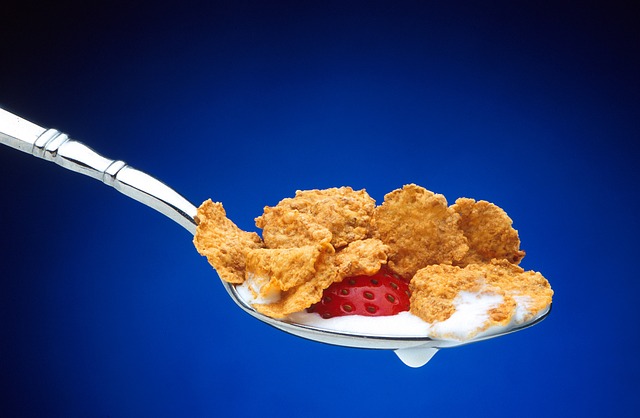
Although some cereals are obviously not healthy (but so delicious, choco pillows anyone?) the many “healthy” cereals with low fat and high protein labels are usually the complete opposite of healthy. Many low fat cereals have sugar as one of the first ingredients listed, which is a serious no-no. To make matters worse, most people tend to eat more than the recommended 30g serving size. (I am totally guilty of this.) To make sure you’re grabbing the right brand, check the nutrition label to make sure there are less than 6g of sugar per serving.
Fruit Juice
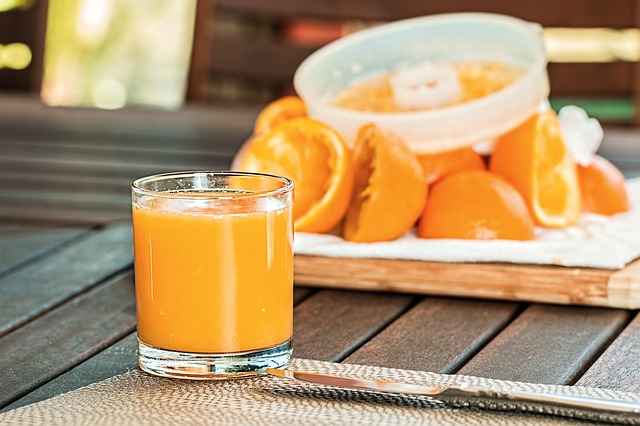
Bet you didn’t expect this one! For starters, many fruit juices aren’t healthy because they come from concentrate. This means they aren’t pure juice, and have lots of additional sugar to make them sweeter. However, even if you grab an all natural juice, (or even squeeze the oranges yourself to make a fresh glass in the morning), juices contain almost the same amount of sugar per ounce as many sodas! If you want to drink something that’s low calorie and still has a nice fruity flavor, try drinking fruit infused water instead.
Dried Fruit
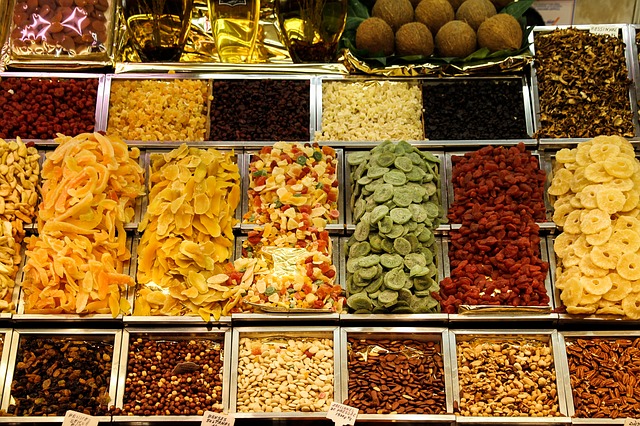
If you haven’t caught onto the pattern yet… it’s safe to say eating fruit in its ORIGINAL form is the best way to go. Dried fruit is on this list because the drying process actually intensifies the sugar content. Then our body digests and processes this extra sugar content, it often gets stored as fat. Many dried fruits such as banana chips are also coated in oils and extra sugar– nothing close to its original, healthy form! If you are craving some dried fruit, dried apricots and prunes are the most healthy option. These two are both lower in sugar and high in fiber.
Whole Wheat Bread
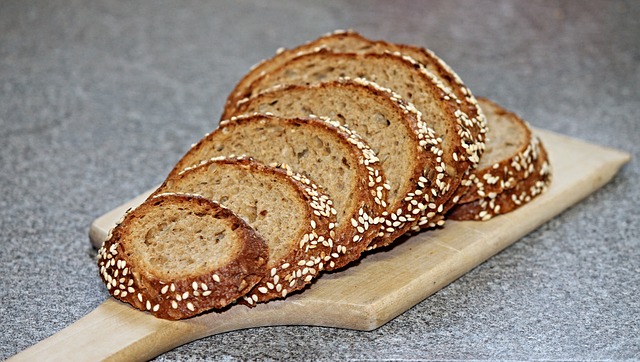
Nowadays you can find most any carb product in a “whole wheat” version. This doesn’t doesn’t mean it’s actually 100% certified whole wheat. If you’re bread isn’t labeled pure whole wheat, it most likely has lots of added enriched flour, which is high in sugar. Instead of grabbing the whole wheat, try going for multi grain or sprout bread, which are both high in fiber. Or better yet- cut out the high carbs altogether and turn your sandwich into a lettuce wrap.
“Reduced” and “Low Fat” Products
Reduced and Low Fat items seem like a healthy no-brainer. Less fat means it has to be better for you, right? Wrong. Most food items that have these labels try to make up for the flavor in another way. More often than not, it’s by adding more sugar to the product. In fact, a study by the U.S. Department of Health found that many Reduced Fat versions of products had little to NO calorie difference from their regular alternative. Next time you think about swapping, be sure to check the labels and compare!
“Sugar Free” and “Diet” Products
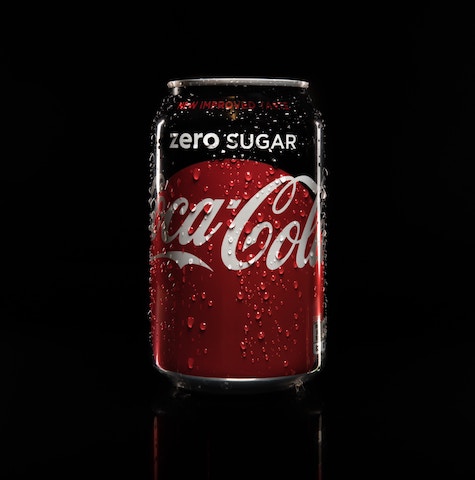
Just as reduced and low fat foods have a catch, sugar free and diet products have their serious drawbacks too. Many sugar free products are made to taste better by adding artificial sweeteners, (which if the word ARTIFICIAL doesn’t ring any alarms, it should). Our bodies are designed to digest natural products, and the chemicals in artificial sweeteners have many negative side effects. These include causing our stomachs to bloat and destroying the good bacteria in our stomachs needed for proper digestion.
Several other studies have also found eating foods and drinks with artificial sweeteners actually cause us to have more cravings, meaning you might wind up eating more calories overall. Finally, there are some studies that have found artificial sweeteners might be linked to cancer... While inconclusive, it’s best to stay healthy by avoiding the fake stuff! If you’re trying to cut out sugar, try Stevia instead, which is a natural low-calorie sweetener.
Photos: Pixabay and Unsplash
